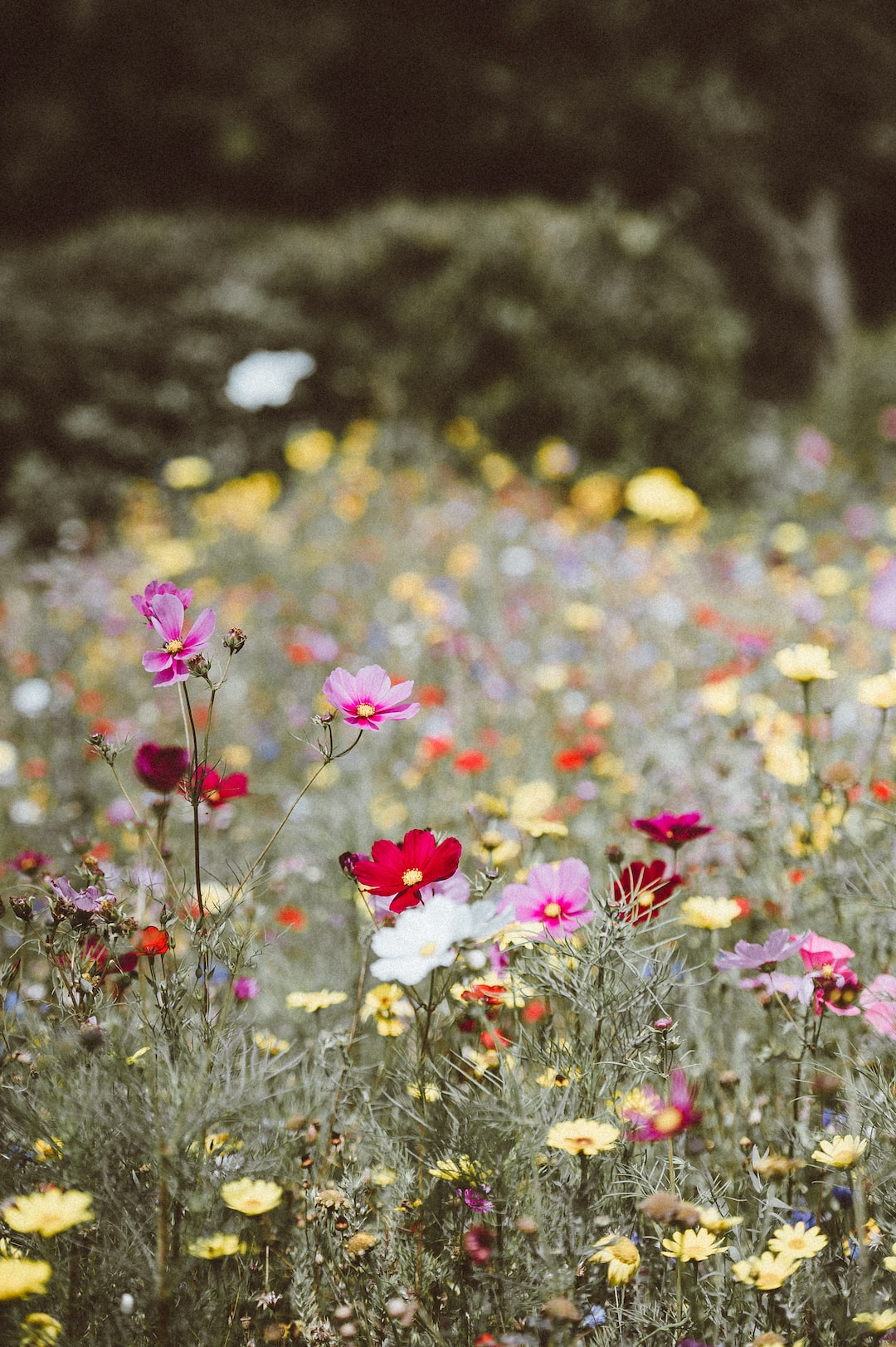Vertical Gardening: Maximizing Space and Aesthetics with Vertical Planting
In recent years, vertical gardening has become increasingly popular among urban dwellers and gardening enthusiasts alike. With limited space and an increasing focus on sustainable living, vertical planting offers an innovative solution to maximize space while adding a touch of greenery to our surroundings.
Vertical gardening involves growing plants vertically, whether on walls, trellises, or hanging baskets, rather than in traditional horizontal beds. This method not only saves space but also adds a unique aesthetic appeal to any environment, be it a small apartment balcony or a large office lobby.
One of the key advantages of vertical gardening is its space-saving nature. By utilizing vertical surfaces, gardeners are able to grow a wider variety of plants in a limited area, allowing them to maximize their yield. This is particularly beneficial for urban areas where space is at a premium. Moreover, vertical gardening allows for better sunlight exposure as plants are arranged in a way that ensures each one receives an adequate amount of light.
When it comes to aesthetics, vertical gardens can transform any space into a lush and vibrant oasis. With the ability to choose from a wide range of plant species, textures, colors, and foliages, gardeners can create visually stunning displays that are both eye-catching and soothing. From cascading vines and colorful flowers to herbs and vegetables, the options are endless when it comes to designing a vertical garden.
Additionally, vertical gardening can provide numerous environmental benefits. By adding more vegetation to our surroundings, we can improve air quality by absorbing pollutants and releasing oxygen. Vertical gardens also act as natural insulation, reducing the heat island effect in urban areas and lowering energy consumption. Furthermore, they can act as natural sound barriers, reducing noise pollution and creating a more peaceful environment.
Maintaining a vertical garden requires some additional care compared to traditional gardening methods. Irrigation and watering systems are crucial to ensure each plant receives the right amount of water, and soil should be well-draining to prevent waterlogging. Regular pruning and monitoring for pests and diseases are also essential to maintain the health and aesthetics of the garden.
Whether you live in a small apartment or have a vast outdoor space, vertical gardening offers an exciting and practical way to beautify your surroundings. From transforming bare walls into living works of art to growing your own herbs and vegetables, the possibilities are endless.
So, whether you’re a seasoned gardener or a novice looking to explore the world of gardening, consider adding vertical gardening to your repertoire. With its space-saving nature, aesthetic appeal, and environmental benefits, vertical planting is a trend that is here to stay. Let your creativity bloom and enjoy the beauty of nature in a whole new dimension with vertical gardening.

